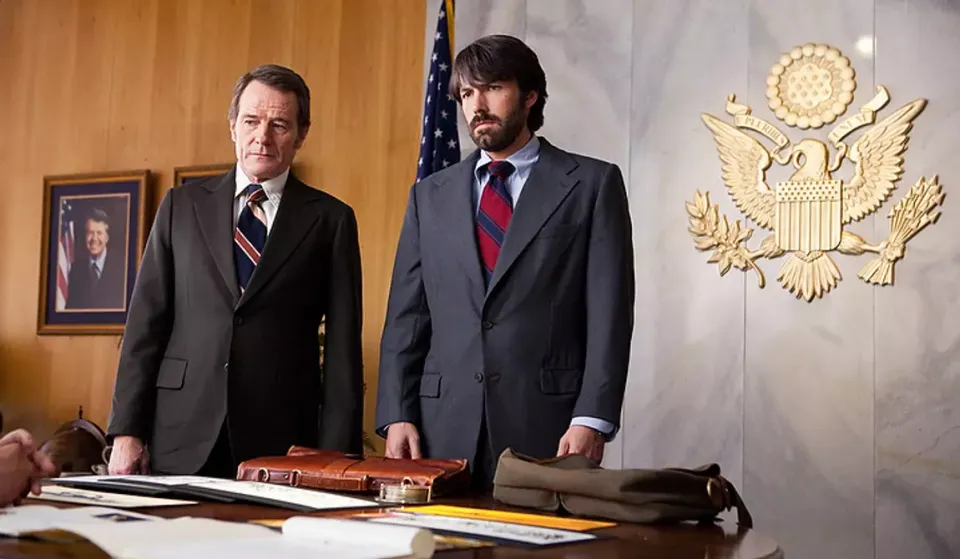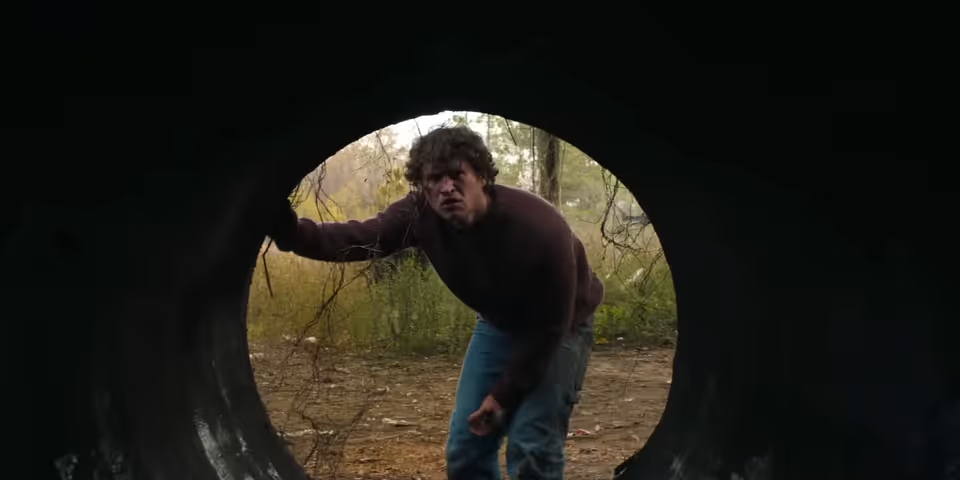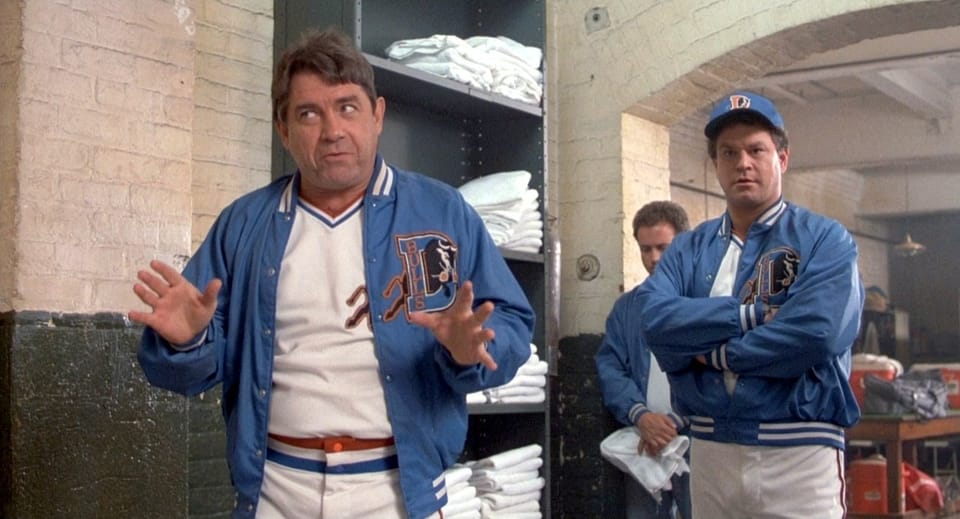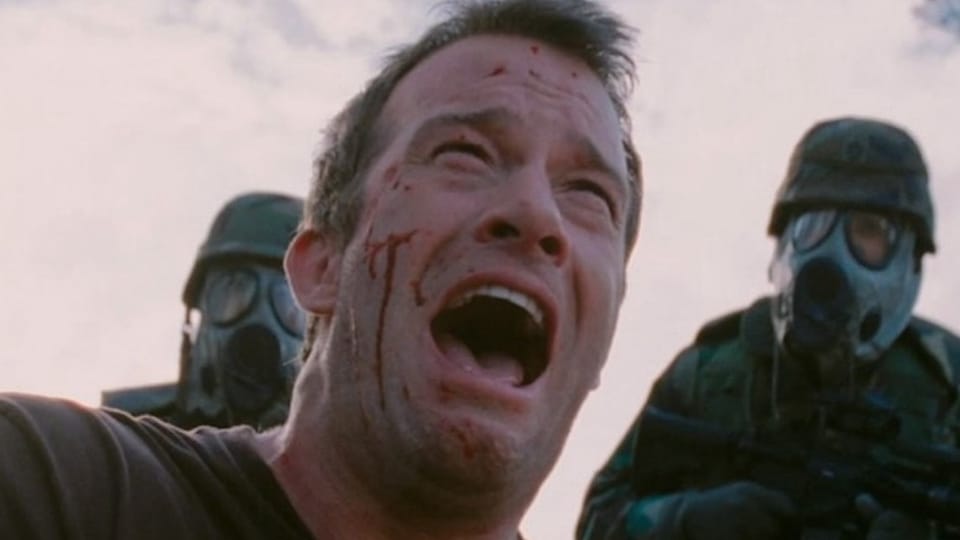The Concept Is King
This is a concept-driven industry now. For better or for worse. The concept should be unique but just as important: the unique thing should be what generates conceptually unified scenes.
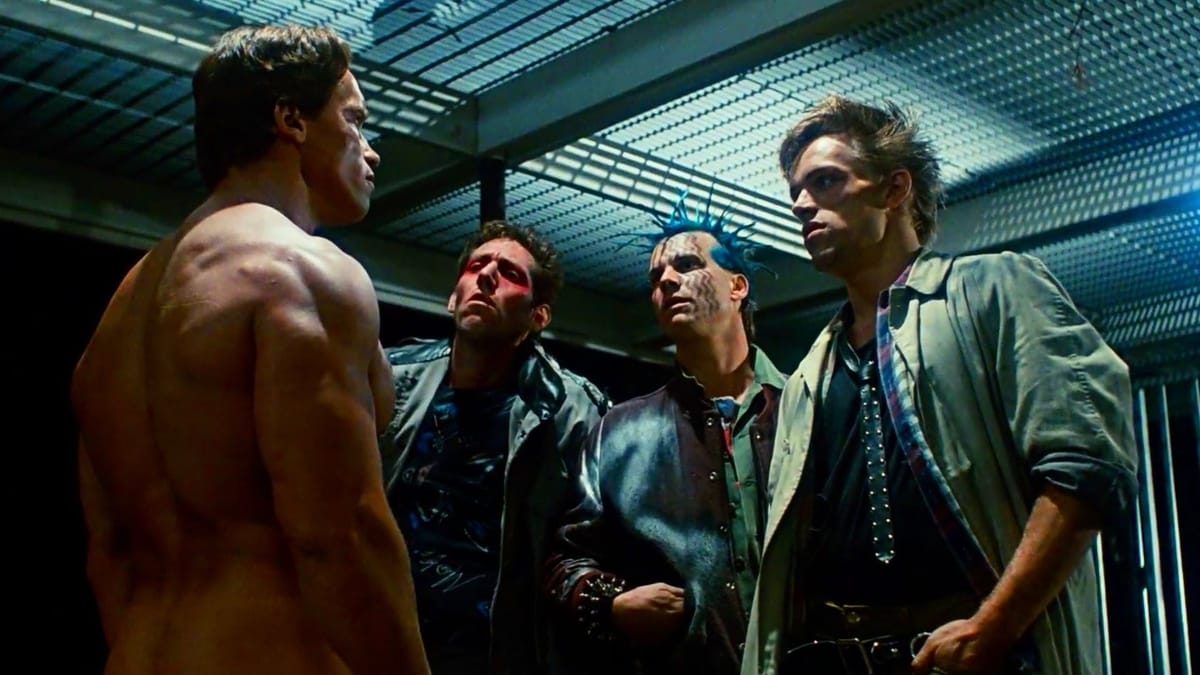
The Story and Plot Weekly Email is published every Tuesday morning. Don't miss another one.
I talk a lot about the importance of the logline, and the most important part of the logline is the concept behind it.
This is a concept-driven industry now. For better or for worse.
The concept should be unique and feel like something we haven't quite seen before.
Just as important:
The unique thing should be what generates conceptually unified scenes.
That is, what is the unique fun you are offering your audience?
Fun is metaphorical, of course. It doesn't mean literal fun.
SILENCE OF THE LAMBS is a thriller and it's dark and it's a masterpiece, but it's not "fun."
But the tension of a genius psychopath playing mental and emotional cat-and-mouse games with a rookie FBI agent as she tries to find another psychopath is compelling. And that's the "fun" the story trades on.
That's the concept.
The concept cannot be incidental. It is a pattern you rinse, repeat and heighten through the whole movie.
This is closely related to the term improvisers use, which is GAME.
Loosely defined in this context:
Game: The unusual thing that is repeated in action inspired by the idea of, if this is true, what else is true?
Commercial genres tend to have more easily identifiable concepts but it's mostly genre-agnostic.
Here are examples of concepts (not loglines).
TOOTSIE (comedy) The film's fun is all generated by Michael Dorsey working as an actor while disguised as a woman.
OLD SCHOOL (comedy) Middle-aged men open a fraternity house on a college campus. If this stupid idea is true, "What else is true?" generates most of the fun.
JURRASSIC PARK (Adventure/horror) Dinosaurs, man. Dinosaurs.
BARBIE (Comedy) Barbie in the real world.
MANCHESTER BY THE SEA (Drama) A man who wishes to remain dead inside is forced to be the sole guardian of his nephew. His discomfort, emotional numbness, and desire to get out of it generate the drama (i.e. the fun).
CODA (Drama) The drama is generated by a young girl who wants to leave the family business, but she's the hearing child of deaf parents.
NIGHTMARE ON ELM STREET (horror) Dude kills teenagers in their dreams.
A QUIET PLACE (horror) They can't make a sound or the monsters will come kill them. Scenes that riff off that idea generate tension and great scenes.
IRONMAN 3 (action) My favorite of the 3. The fun and great scenes are generated by taking away Tony's suit. He has to do the heroics mostly without it (until Act 3).
You get it. I could go on.
Your scene engine.
Define your concept, and you have an engine for great scenes and even trailer moments.
In each concept above, scenes explore forms of the question, if this central idea is true, what else is true?
Variations include, "How would that happen?", "What if...?" and "What else...?"
Take THE TERMINATOR (action/sci-fi horror). The concept is a time-travel assassin robot that can't be killed.
How would he dress? That's a scene. How would he find her? That's a scene. Where would he get his weapons? Another scene.
What are all the ways you would try to kill him? Multiple scenes. What if you went to the police for help? Big, huge set-piece. What if you blew him up? Another set-piece.
How would you really, ultimately finally kill him? Big, final set-piece.
Like all movies, what makes the story work are the characters, emotions and the relationships, but these fun, unique scenes are how we get to care about those things.
All from the question, if it is true that a time-travel assassin robot came to kill someone, what else is true?
Your promise.
This is a business and marketing concern, but a crucial one. At this early stage, you are marketing to buyers.
The concept in the logline makes a certain promise of what you're going to explore and where the fun is going to come from.
When you added a protagonist and a conflict to the concept, you offered up what this film would look like. The reader of the logline could see it. They could visualize it. Maybe not the details, but the potential.
They instinctively knew there were countless opportunities to explore that conceit, play that game, and all the ways to ask, "What if...?"
"That sounds hilarious"
"That sounds heartbreaking."
"That sounds terrifying"
Because the concept made them see all the possibilities.
Plots don't do that. Situations don't do that.
Concepts do.
And those possibilities are what they want. And it's your job to deliver.
I've tried to surprise the reader by turning away from the concept inside the screenplay. "Surprise! Didn't see that coming, did ya?"
But it has never worked. They always felt disappointed. "But I wanted to see this."
I made a promise, and I reneged.
You need to surprise and delight the audience with the concept that got them excited to begin with.
Do you really need a concept?
No. Of course, not. As you have no doubt heard, "There are no rules."
But what you do have are your intentions. Those matter. And how you try to best execute your intentions matter.
I have a couple of small character pieces that I always knew would be difficult, and they have been. Every story has it's own integrity and you must stay faithful to it.
But a logline with a clear, unique, fun concept is much stronger.
And a strong logline makes your life as a screenwriter so much easier.
And as long as they're faithful to my intentions, I try to make the decisions that make my job easier.
The Wall of Love
If you haven't visited the wall of love yet, it's the main container of all the testimonials I have collected over the last year.
All the courses I teach are represented.
Did you know that right along with my screenwriting, I have been teaching for over 20 years?
I offer a 30-day money back guarantee for any course I teach, and over this time not one person has asked for a refund. Not one.
I am pretty proud of that.
Click here to visit the "Wall of Love."
That's a wrap!
Thanks so much for subscribing. I am so grateful I get to do this.
I hope so much you get to do shit you love.
All the best,
Tom
The Story and Plot Weekly Email is published every Tuesday morning. Don't miss another one.
When you're ready, these are ways I can help you:
WORK WITH ME 1:1
1-on-1 Coaching | Screenplay Consultation
TAKE A COURSE
Mastering Structure | Idea To Outline

